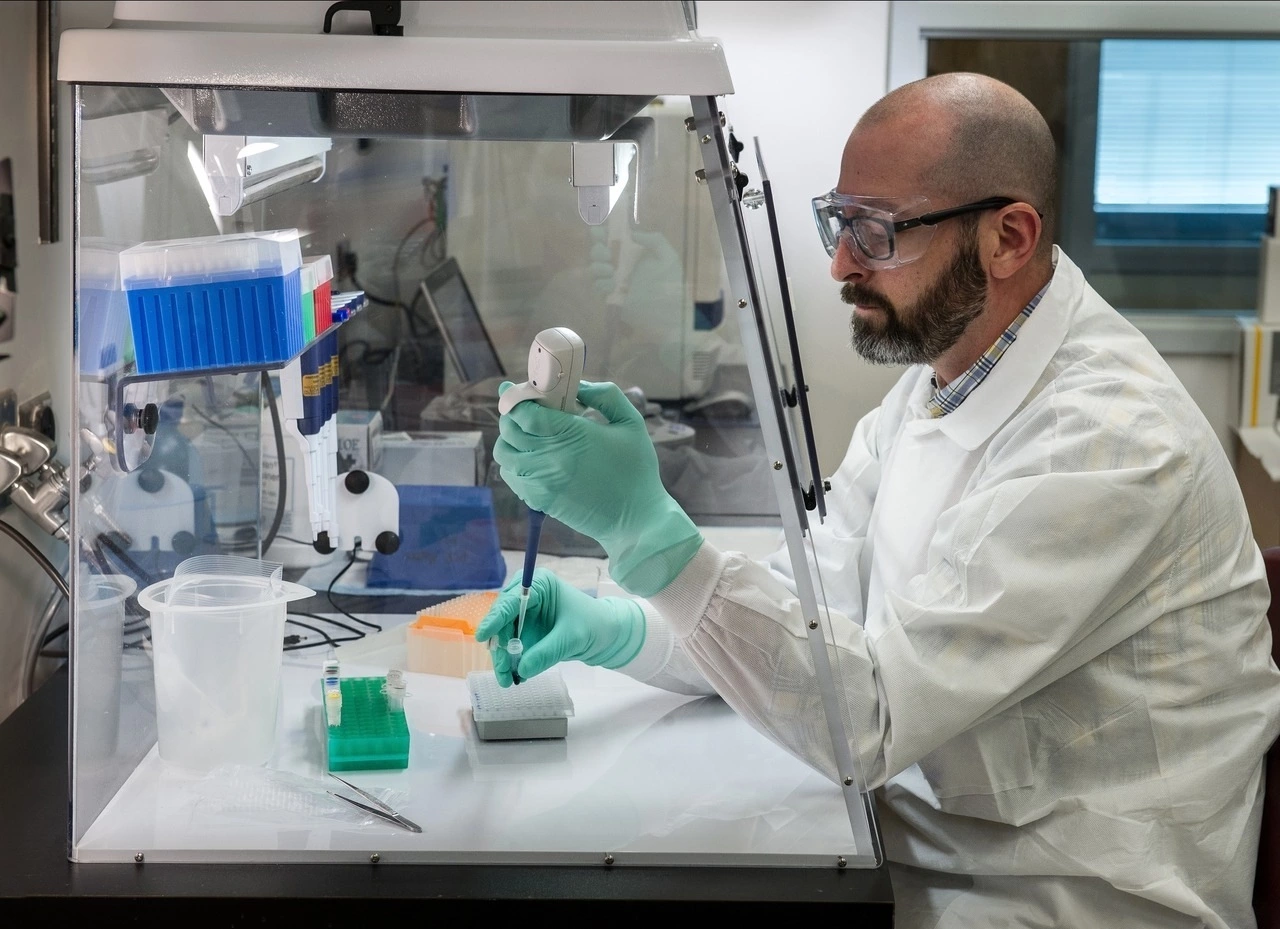Hungarian researchers working on stopping a lethal virus

Change language:
The work of a group of Hungarian virologists could cease the spread of a deadly virus. The team is currently in Bangladesh to test a new method of controlling the dissemination of the Nipah virus.
Since the coronavirus outbreak escalated into a global pandemic sometime around early spring of 2020, the whole world has become aware that we could face major viral outbreaks at any time.
The Nipah virus is a bat-borne virus that causes severe symptoms in both animals and humans and has a high mortality rate of up to 70 per cent.
The virus was first isolated in 1999 in Malaysia after causing the death of over 100 thousand people, 24 reported. According to the news portal, at that time, pig farming had become very popular, and thus large areas of natural forests were cleared to accommodate pigsties.
This trend has forced the large, almost 1-metre wingspan bats to search for new places since most of their natural habitat had been destroyed. The animals took shelter on the fruit trees planted for the pigs and have soon infected the livestock and indirectly humans.
This series of events inspired the movie Contagion, the portal says.

24 highlights that the Nipah virus residing in bats is on the World Health Organisation’s priority disease list which includes such heavy hitters as Ebola or the present pandemic-causing SARS-CoV-2, aka COVID-19.
The Hungarian virologists of the University of Pécs are working on researching the Nipah virus in the hope of being able to both control and combat it through the development of vaccines that could save thousands of people.






Disappointment, for a moment I had my hopes up that they were going after the virus called Gyorgy Soros…..oh well maybe soon he will buy the farm. Eventually even the adenochrome he and many of his circle of friends inject to remain alive will no longer work. The sooner they check out the better off humanity will be.